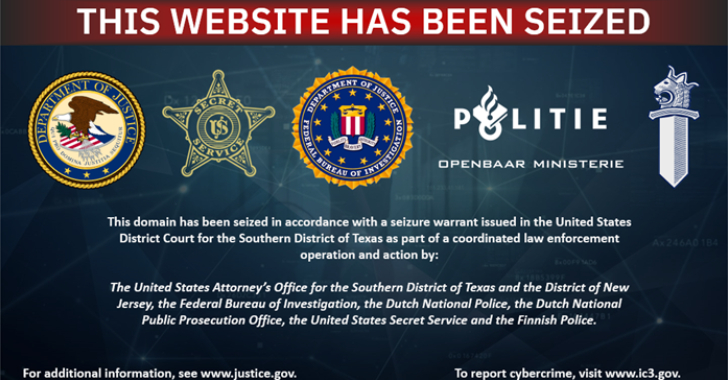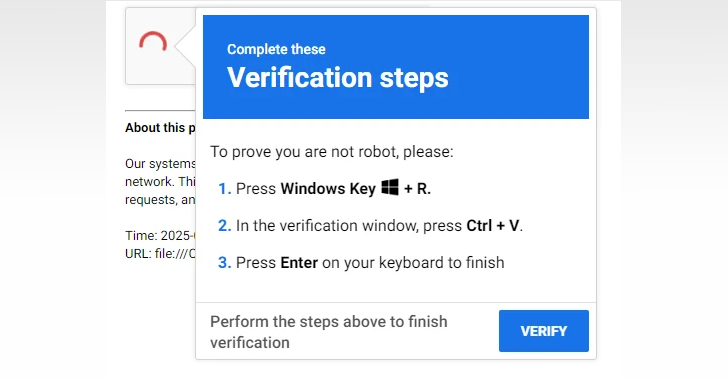
Why GRC (Governance, Risk, Compliance) is Important
Introduction
In today’s complex and rapidly changing business landscape, organizations face an ever-increasing array of challenges and risks. From regulatory changes and cybersecurity threats to ethical dilemmas and financial uncertainties, businesses must navigate a maze of uncertainties to survive and thrive. To effectively manage these challenges, many organizations turn to a holistic framework known as Governance, Risk, and Compliance (GRC). In this article, we will explore why GRC is important for businesses of all sizes and industries, and how it helps them achieve their strategic objectives while minimizing potential pitfalls.
Understanding GRC
GRC stands for Governance, Risk, and Compliance. It is a comprehensive framework that enables organizations to manage and align their governance, risk management, and compliance activities. Let’s break down these three key components of GRC:
- Governance: Governance encompasses the structures, processes, and policies that define how an organization is directed and controlled. Effective governance ensures that decision-making is transparent, accountable, and in alignment with the organization’s strategic goals. It involves setting clear roles and responsibilities, establishing oversight mechanisms, and fostering a culture of ethics and integrity.
- Risk Management: Risk management is the process of identifying, assessing, and mitigating risks that could impact an organization’s ability to achieve its objectives. This includes both internal risks, such as operational and financial risks, and external risks, such as market fluctuations and regulatory changes. Risk management is a crucial component of GRC as it helps organizations proactively address potential threats and opportunities.
- Compliance: Compliance refers to adhering to the laws, regulations, and industry standards that apply to an organization’s operations. Compliance is essential to avoid legal and financial repercussions, maintain a good reputation, and build trust with stakeholders. GRC ensures that an organization is aware of its compliance obligations and has mechanisms in place to meet them.
Now that we have a basic understanding of what GRC entails, let’s delve into why it is so important for businesses.
- Enhancing Decision-Making and Accountability
Effective governance is at the heart of GRC. It ensures that decision-making processes are well-defined and transparent. When roles and responsibilities are clearly outlined, and decision-makers are held accountable for their actions, organizations can make better-informed decisions that align with their strategic objectives. This, in turn, leads to increased operational efficiency and agility.
- Minimizing Risk Exposure
Risk management is a fundamental aspect of GRC. By systematically identifying and assessing risks, organizations can take proactive measures to mitigate them. This not only helps prevent potential crises but also allows businesses to capitalize on opportunities that may arise from a changing landscape. Effective risk management contributes to the long-term sustainability of an organization.
- Meeting Regulatory Requirements
In today’s global business environment, compliance with laws and regulations is non-negotiable. Failure to comply can result in severe legal and financial consequences, damage to reputation, and loss of customer trust. GRC frameworks help organizations stay up-to-date with evolving regulations and ensure that they have the necessary processes and controls in place to meet compliance requirements.
- Protecting Reputation and Building Trust
A strong GRC program fosters a culture of ethics and integrity within an organization. When stakeholders, including customers, investors, and employees, see that an organization is committed to ethical conduct and compliance, they are more likely to trust and support that organization. Trust is a valuable asset that can take years to build but can be quickly eroded by ethical lapses or compliance failures.
- Efficient Resource Allocation
GRC helps organizations optimize their resource allocation. By identifying and prioritizing risks, businesses can allocate resources where they are most needed. This prevents unnecessary spending on low-impact risks and ensures that resources are directed toward activities that support strategic objectives and long-term sustainability.
- Adaptation to Change
In today’s fast-paced business environment, change is constant. GRC frameworks enable organizations to adapt to change more effectively. Whether it’s a shift in market conditions, emerging technologies, or regulatory updates, organizations with strong GRC practices are better equipped to navigate these changes while minimizing disruptions.
- Strategic Alignment
GRC is not just about compliance; it’s about aligning all aspects of an organization with its strategic goals. When governance, risk management, and compliance activities are integrated and synchronized, organizations can move forward with confidence, knowing that they are working towards their desired outcomes while managing potential obstacles.
- Cost Reduction
While implementing a GRC program may require an initial investment of time and resources, it often results in long-term cost savings. By identifying and addressing risks early on, organizations can avoid costly crises and regulatory fines. Additionally, streamlined and efficient compliance processes can reduce administrative overhead and compliance-related costs.
- Competitive Advantage
Organizations that excel in GRC often gain a competitive advantage. Customers and partners prefer to work with companies that demonstrate strong governance, ethical behavior, and a commitment to compliance. This can open doors to new business opportunities and partnerships that may not be available to organizations with weaker GRC practices.
- Long-Term Sustainability
In the end, GRC is about ensuring the long-term sustainability of an organization. By proactively managing risks, adhering to regulations, and fostering a culture of accountability, organizations are better positioned to weather storms, seize opportunities, and thrive in an ever-changing business landscape.
Conclusion
In today’s complex and challenging business environment, GRC (Governance, Risk, Compliance) is not a luxury; it’s a necessity. It provides organizations with the tools and frameworks they need to enhance decision-making, minimize risk exposure, meet regulatory requirements, protect their reputation, and build trust with stakeholders. Moreover, GRC enables organizations to adapt to change, allocate resources efficiently, and gain a competitive advantage. Ultimately, a strong GRC program contributes to the long-term sustainability and success of an organization, making it a crucial aspect of modern business management.
Contact Cyber Defense Advisors to learn more about our Governance Risk Compliance (GRC) solutions.





